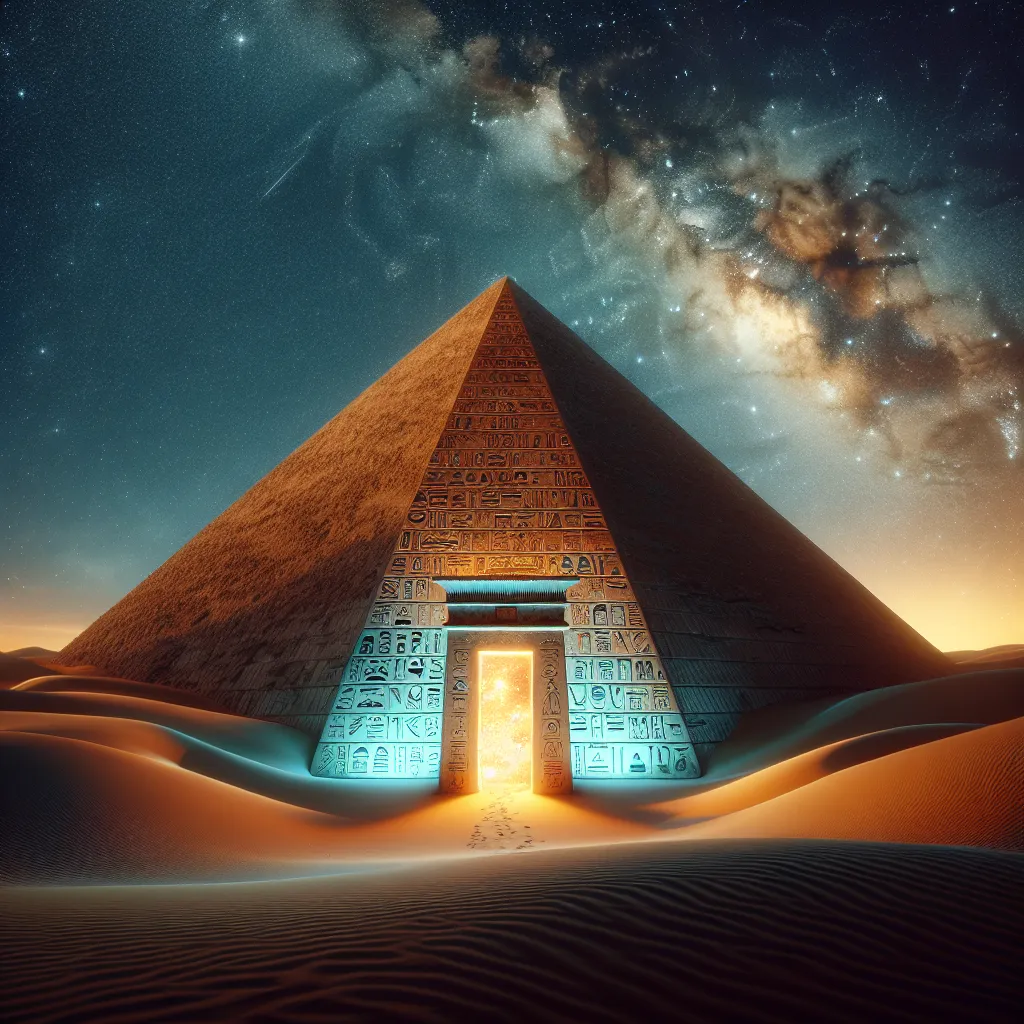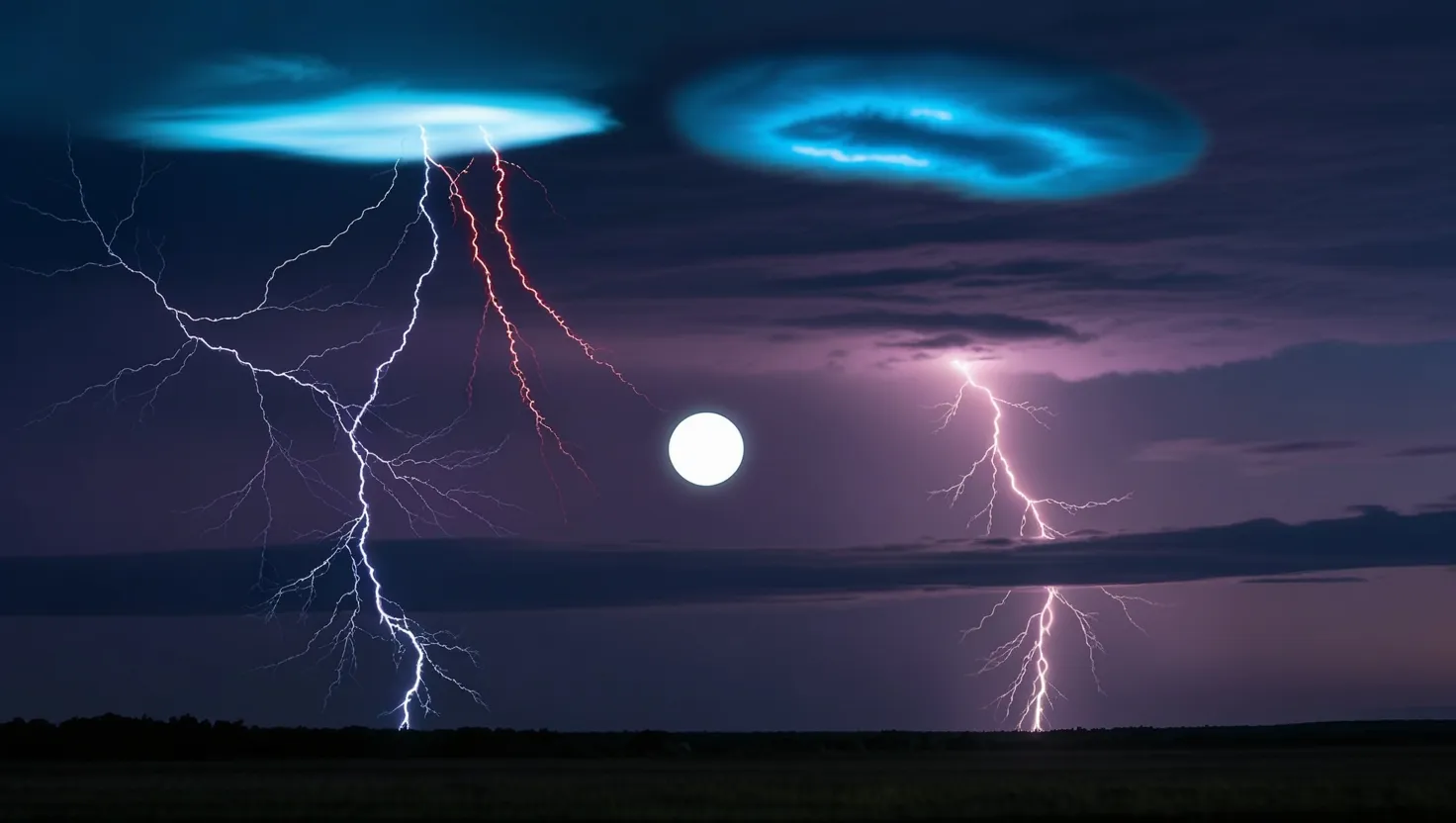Hi, I’m Nigel, and welcome to “Nigel Goes to Space.” I’m excited to share with you everything I’m doing to prepare for my big space trip. Let’s dive into the prep list I’ve made and scribbled on my whiteboard.
First on the list: buy the ticket. I checked that off way back in 2009. It feels both surreal and thrilling to know it’s safely in my pocket. Next, you need to be over 18 to fly into space, which I passed quite a while ago. Interestingly, there’s no upper age limit. John Glenn, an American astronaut, went up at 77! Many of my Virgin Galactic colleagues are in their 70s and 80s, so I still have plenty of time to take my adventure.
Getting fit is the next challenge. You don’t need to be a superhero, just reasonably healthy without any serious medical conditions. The trainers and doctors work with us to make sure we meet the fitness requirements. Although, I’m not there yet, but it’s a work in progress.
Training for weightlessness is part of the fun. That brings us to the Vomit Comet, a plane that mimics the feel of weightlessness through parabolas. I tried it last year, and it was amazing. Then, there’s the opposite experience—enduring G-forces. We train for this in a centrifuge, which I haven’t done yet but will later this year.
Our final preparation involves three intense days at the Spaceport in New Mexico right before the flight. We’ll train with the carrier plane that takes us up to 50,000 feet. From there, our space plane detaches and rockets us into space. This includes getting familiar with the plane and doing team exercises with my fellow space travelers.
Space trips vary. While mine is a brief jaunt, professional astronauts spending months or years on the space station undergo far more rigorous preparation and training, including extensive fitness regimens and underwater training for space walks.
Food in space also needs special attention. While I won’t be eating much, astronauts on longer missions need a variety of meals, all prepared to handle zero gravity. Drinks, even coffee, come in special containers to make sure they don’t float away.
Space is a global venture. On the International Space Station (ISS), crew members speak primarily English and Russian. While I don’t need Russian for my flight, learning it seems like a cool idea!
Then there’s the practical side of space life, like washing up and using the toilet. Yes, years of research have gone into making these tasks possible in zero gravity, and those are topics for another time.
Leisure time in space might seem odd, but astronauts need downtime too. Historically, missions without breaks led to frustrated crews. I’ll explore how spacefarers relax and have fun while they’re away from Earth.
So, what happens on the big day? After three days of training, the day starts with a traditional astronaut breakfast. I prefer the Russian tradition of a celebratory glass of champagne over the American steak and eggs. Then, we board the spacecraft, and there’s no fight for the window seat since everyone gets a good view.
Virgin Galactic provided me with an extensive flight manual outlining every step of our mission. We take off, our space plane detaches and rockets us into the great beyond for several minutes of breathtaking views and weightlessness. Finally, we glide back to Earth and land at Spaceport America.
I’m super excited about this mission and everything else involving space—from exploding stars to the Big Bang. Stay tuned for more adventures in “Nigel Goes to Space.”






